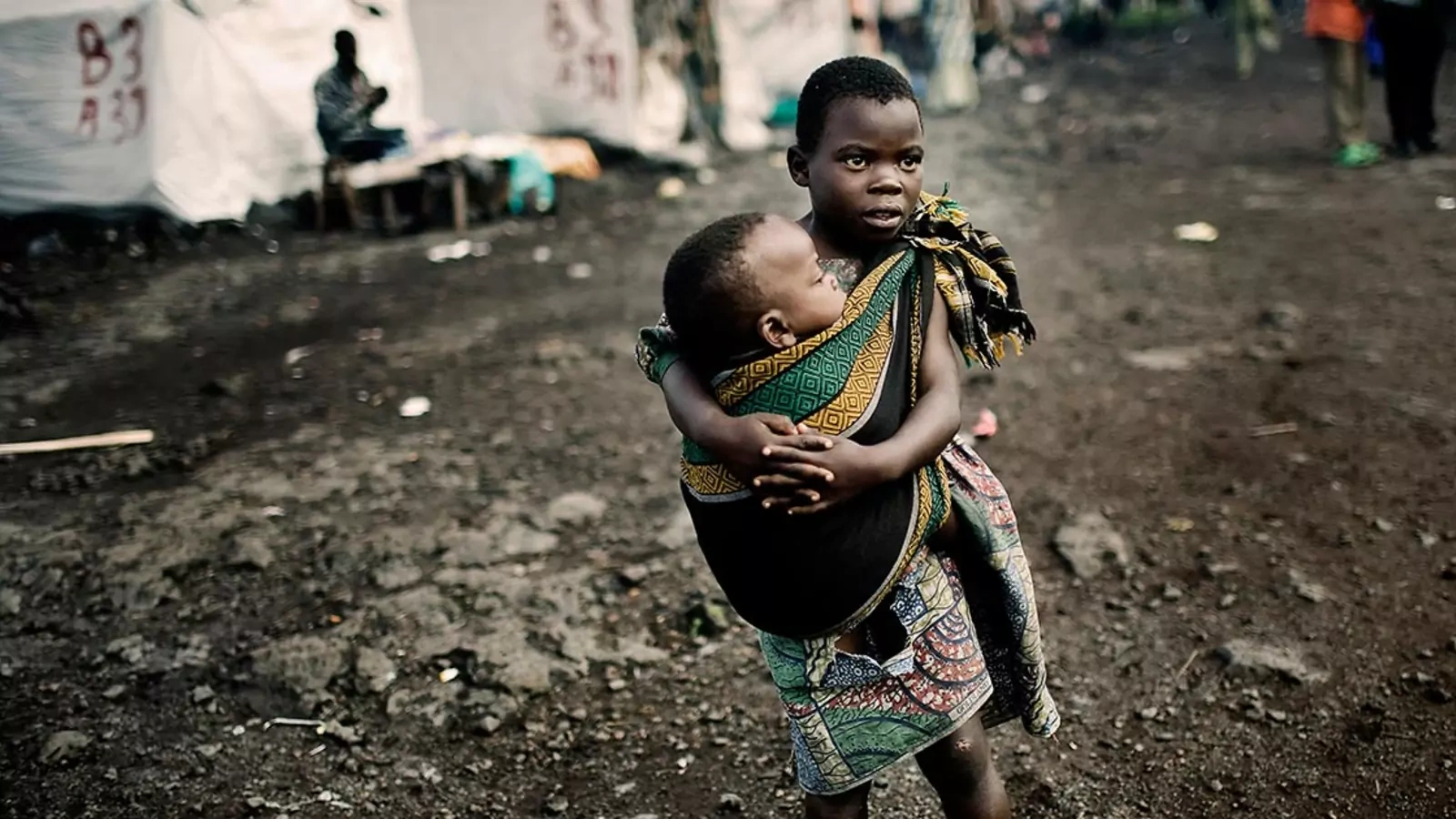- Teaching Notes
The eastern Congo has been ravaged by foreign invasions and homegrown rebellions that have killed and displaced millions. A fragile peace process seeks to bring stability to central Africa, but its hard-won gains remain at risk.
Teaching Notes Components
Discussion Questions
Ideas for questions to use in facilitating full-class discussions, assigning small-group discussions, or posting on a class discussion board. Questions allow students to critically reflect on the material provided in the InfoGuide and hone their communication skills.
More on:
- How did the cruel and exploitative colonial conditions in the Democratic Republic of the Congo (DRC) shape the country’s post-independence history, especially in terms of internal conflicts and instability?
- What was the impact of Cold War politics on the DRC’s subsequent political and economic development?
- To what extent did commercial interests shape Western, especially European, involvement in the Congo?
- Drawing on answers to the above three questions, would you say that Western countries share accountability for the current situation in the DRC? What responsibilities should be assumed as a result?
- What have been the motives of African countries that have intervened in the DRC? Have they been more a source of stability or of conflict and exploitation?
- How should the DRC manage the diverse ethnic and linguistic groups in the country, especially those in the east, that are competing for land, resources, and political influence? Would federalism work in these conditions or would it create incentives for regional and local warlords to assume power?
- Should President Kabila be persuaded not to run for a third term? Or is the focus on constitutional term limits at the national level distracting from the critical problem of war and instability in the east?
- How effective have UN peacekeeping missions been in the DRC? What are their limitations?
- Why has the United States been less attentive to the wars in the DRC, which have taken five million lives—than to Darfur in Sudan which cost many fewer lives? What prompted the recent decision to increase U.S. involvement in the DRC and the Great Lakes region?
- How effective are U.S. legislative restrictions on companies importing minerals from the DRC? Have they reduced the trade in “conflict minerals?” If so, at what cost to the people in the DRC?
- What accounts for the brutality of the wars in the eastern DRC, especially the large scale sexual assaults carried out by all sides? Does this form of conflict constitute genocide? How can there be a combination of accountability, justice, and reconciliation after such brutality?
- How can the International Great Lakes Contact Group and the International Conference on the Great Lakes Region work together to form a long term peace and development program in the Great Lakes region? What form of regional common market or other arrangement should be the objective?
Essay Questions
Suggestions for essay topics that enable students to dive deeper into the material found in the InfoGuide and conduct their own research and analysis.
- Given the long history of dictatorship, ethnic conflict, and brutal warfare in the Democratic Republic of the Congo (DRC), what policy priorities should the country pursue in order to develop a culture of democracy, pluralism, and sound economic governance? In this regard, discuss the prioritization of free and fair elections, constitutionalism, federalism, sustainable economic development, and security sector reform.
- There has been a call for Africa to take the lead in resolving conflicts and formulating development priorities on the continent—essentially African solutions to African problems. Given the repeated regional, international, and private commercial interventions in the DRC, is this recommendation feasible? If so, how might Africa lead the way in bringing peace and development to the DRC? What supportive role should the rest of the international community play?
- Several UN and related peacekeeping operations have been instituted in the DRC since independence. Now President Kabila has indicated that he wants the current MONUSCO peacekeeping operation to draw down. What have been the successes of UN peacekeeping in the DRC? What have been the failures? What role should peacekeeping operations play now? Finally, what should be the UN’s response to President Kabila’s demands?
- How important is the DRC to the United States from a humanitarian, economic, and strategic perspective?
- In your opinion, have Europe and the United States contributed sufficiently to resolving the conflict in the east? If not, what more could they be doing?
Visit CFR's InfoGuide The Eastern Congo
More on:
 Online Store
Online Store
